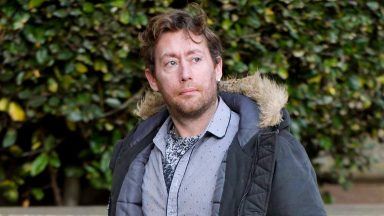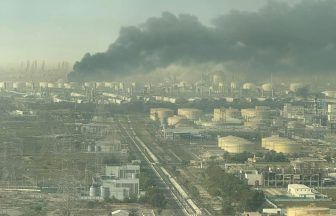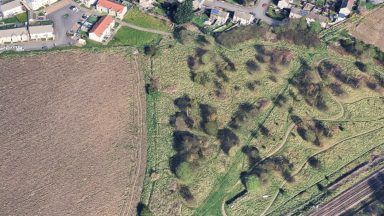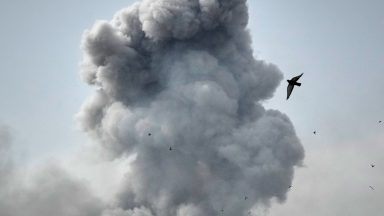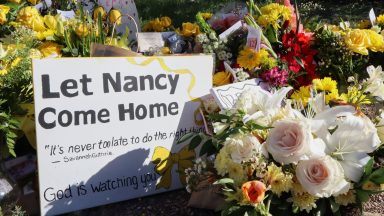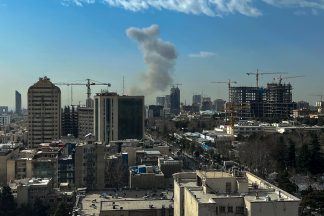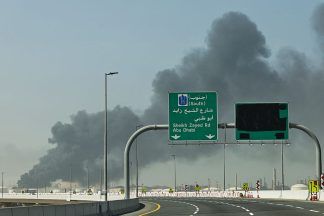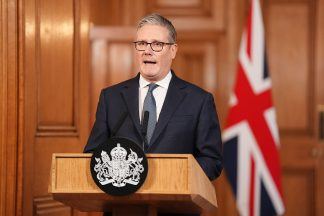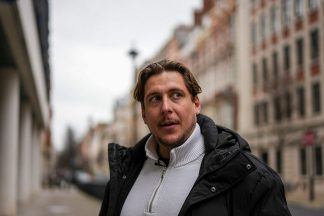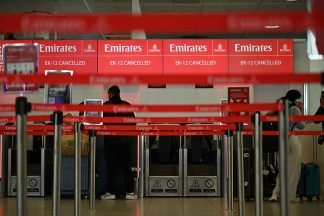Sir Keir Starmer has said he will meet Donald Trump for “one-on-one” talks at a major global summit in a push to get the US-UK trade deal over the finish line.
The Prime Minister said he expected the economic pact to be completed “very soon” ahead of a meeting with the US President at the G7 conference in Canada.
Britain’s long-coveted free trade deal with Washington was agreed upon last month but is yet to be implemented, with both sides yet to take the necessary steps to reduce tariffs.
Asked whether he would be able to finalise the deal as he crosses paths with Trump at the international leaders’ summit in Kananaskis, Starmer said: “I’m very pleased that we made that trade deal, and we’re in the final stages now of implementation, and I expect that to be completed very soon.”
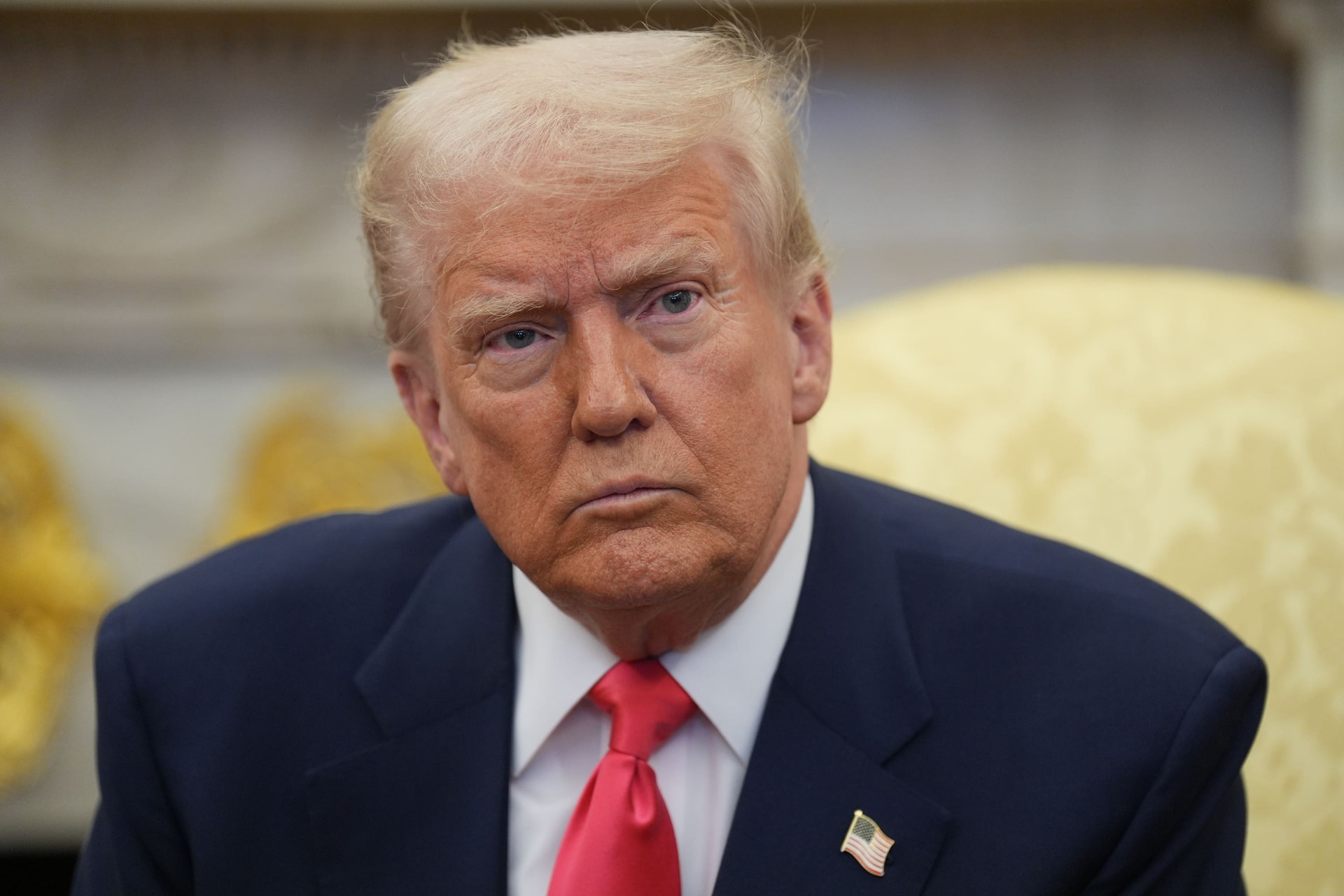 PA Media
PA MediaAmid speculation that the two leaders will carve out time for a bilateral meeting between G7 plenary sessions, Starmer said: “I’ll be having a one-on-one with him.
“I think I’m seeing him on a number of occasions today because we’re in all of the sessions together, so I’ll be having a lot of conversations with President Trump.”
He added: “We will be talking about our trade deal… because that really matters for the vital sectors that are safeguarded under our deal, and we’ve got to implement that.”
The Prime Minister is walking a diplomatic tightrope as he seeks to strengthen ties with Canada, the G7 host nation, while keeping the US president, who has repeatedly threatened to annex the country, on side.
On Sunday, Downing Street confirmed efforts to revive stalled trade negotiations between London and Ottawa after a bilateral meeting between Starmer and Mark Carney.
In warm words at the top of the talks, the UK leader challenged Trump’s call for Canada to become a “51st state”, speaking of the importance of Britain’s relationship with the country as “independent, democratic sovereign countries”.
In recent months, the UK has held a series of engagements aimed at securing a reduction in the tariffs Trump imposed on Britain and the rest of the world on April 2.
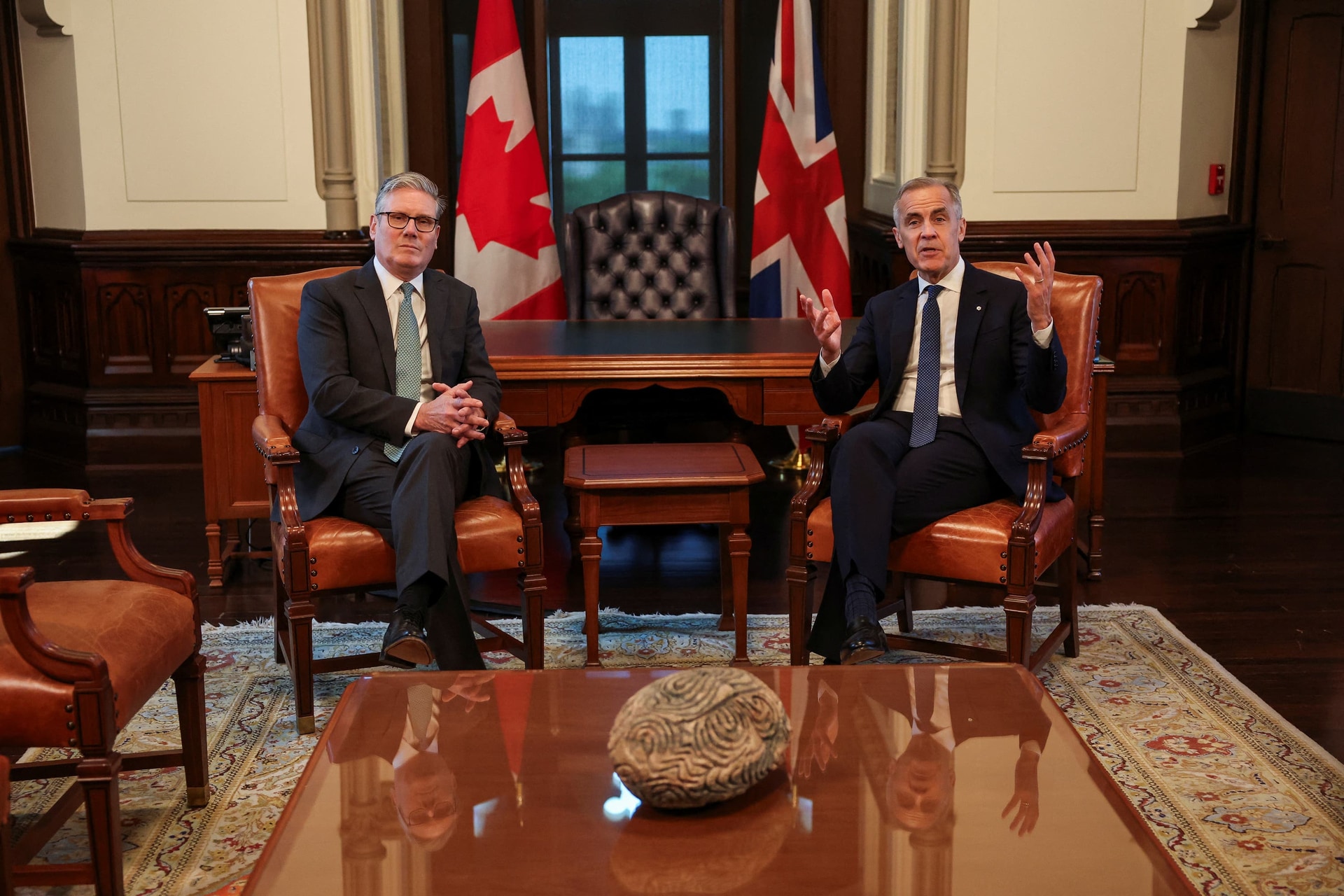 PA Media
PA MediaAlong with 10% tariffs on all British goods, the president imposed 25% levies on cars and steel.
He later increased the tariff on steel to 50%, but gave the UK a reprieve, keeping its rate at 25% until at least July 9.
Under the broad terms of last month’s agreement, the US will implement quotas that will effectively eliminate the tariff on British steel and reduce the tariff on UK vehicles to 10%.
The White House has also voiced concerns about plans to build a Chinese embassy near London’s financial centres, with reports suggesting the issue has been raised in trade talks.
The redevelopment proposals for the former site of the Royal Mint were called in last year, and ministers will now have the final say on whether the project goes ahead.
On his way to the G7, Starmer was asked by reporters whether he was confident the matter would not undermine efforts to complete the trade deal, and whether US objections would be taken into consideration in the Government’s decision-making.
He said: “We will act in our own national interest at all times on any issue including in relation to the embassy.
“We will carefully balance what is in our national interest in any decision that we take.”
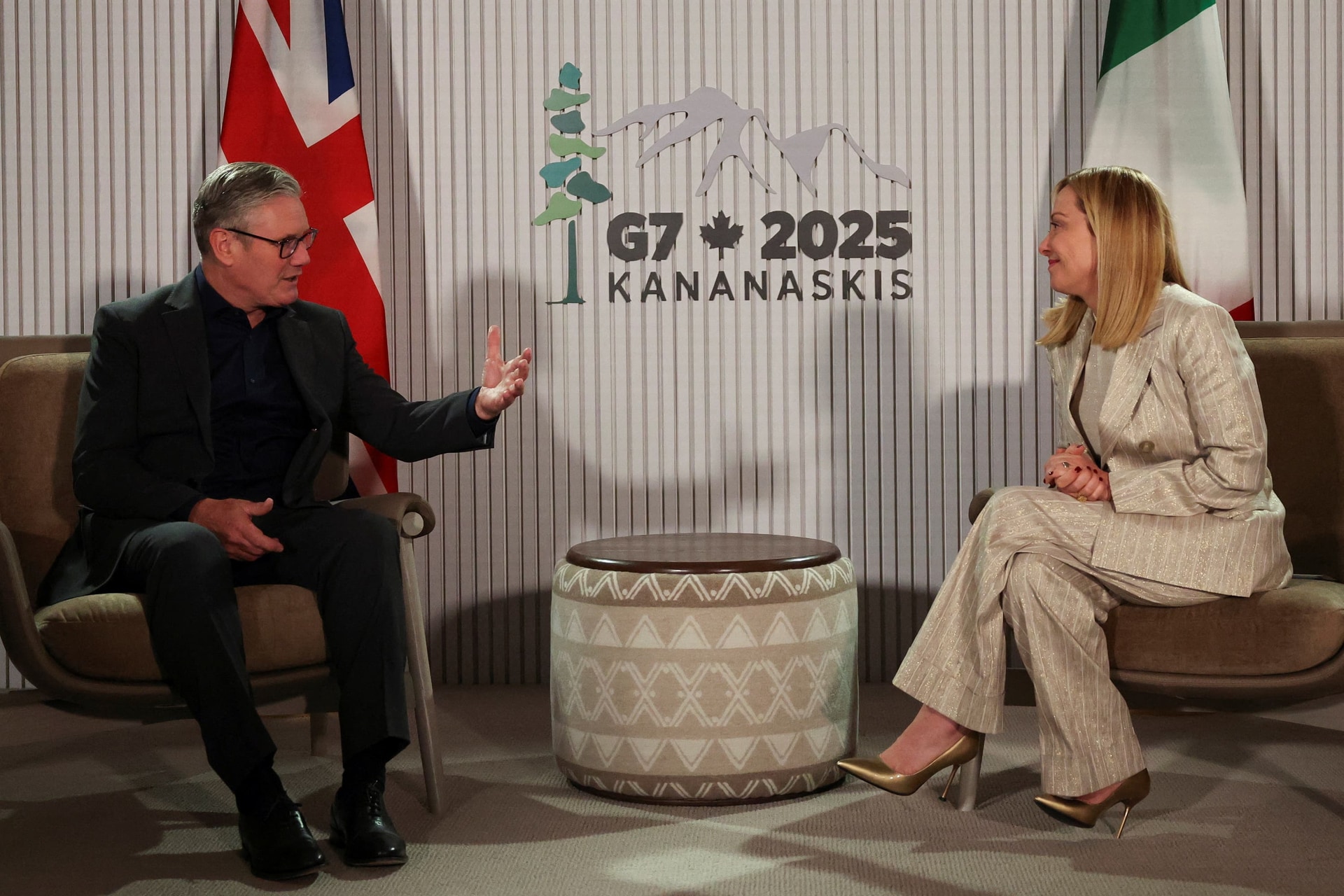 PA Media
PA MediaStarmer faces a busy week of diplomacy as leaders from the world’s major economies descend on a luxury mountain lodge in the Rockies amid spiralling conflict in the Middle East and the war in Ukraine.
As well as heads of government from Canada, the US, France, Italy, Japan, Germany and Britain, Ukrainian president Volodymyr Zelensky is also expected to attend the conference.
The Prime Minister told reporters he had a “good relationship” with the US president, which is “important” at a time of heightened global instability.
“I’ve been saying, for probably the best part of six months now, we’re in a new era of defence and security, a new era for trade and the economy,” he said.
“And I think it’s really important for Britain to play a leading part in that, and that’s what I’ll be doing at the G7, talking to all of our partners in a constructive way.
“And I’m very pleased that I have developed good relations with all the G7 leaders.”
He also warned that G7 allies would discuss imposing further sanctions on Russia if Vladimir Putin continues to resist calls for an unconditional ceasefire.
“My long-standing view is, we need to get Russia to the table for an unconditional ceasefire,” he said.
“We do need to be clear about we need to get to the table and that if that doesn’t happen, sanctions will undoubtedly be part of the discussion at the G7.”
Follow STV News on WhatsApp
Scan the QR code on your mobile device for all the latest news from around the country


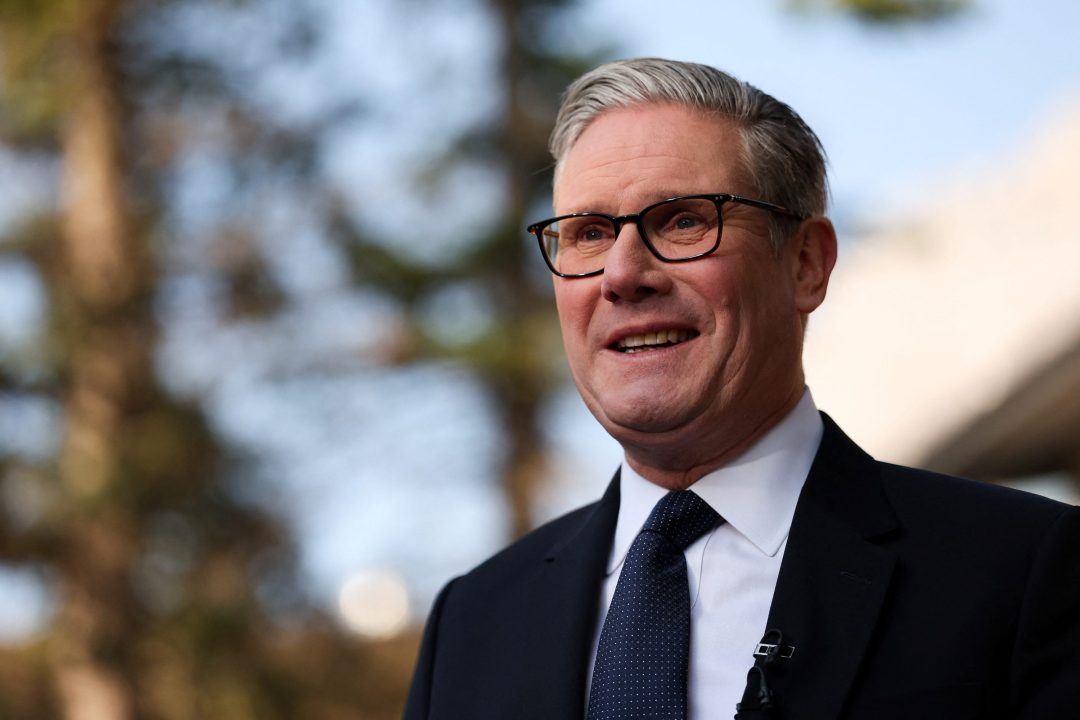 PA Media
PA Media

